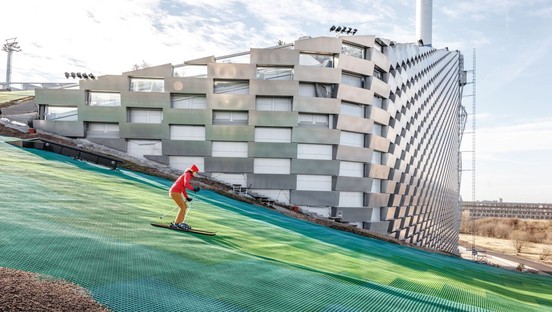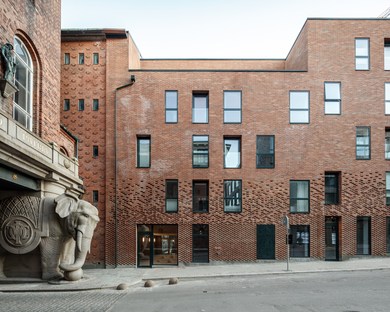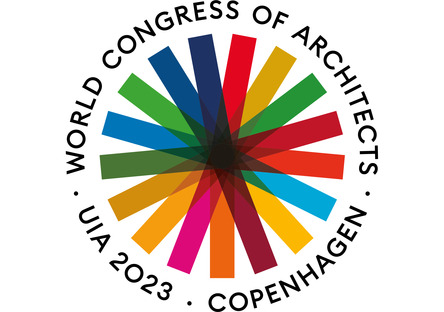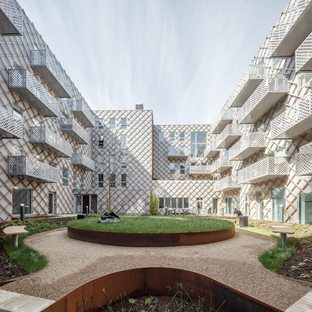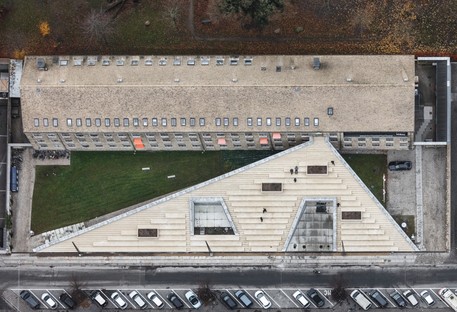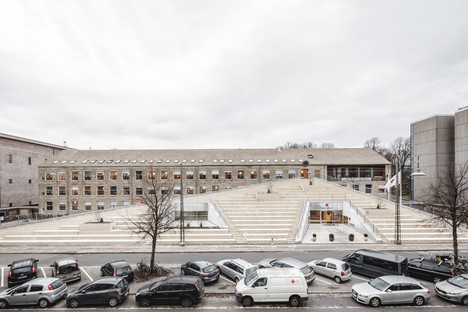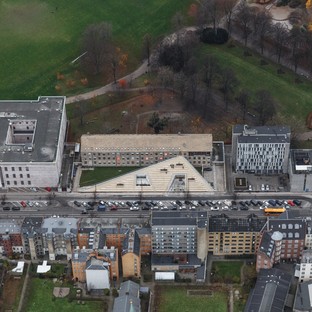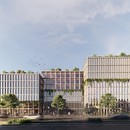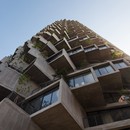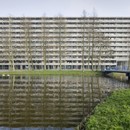04-06-2020
Copenhagen appointed 2023 UNESCO World Capital of Architecture
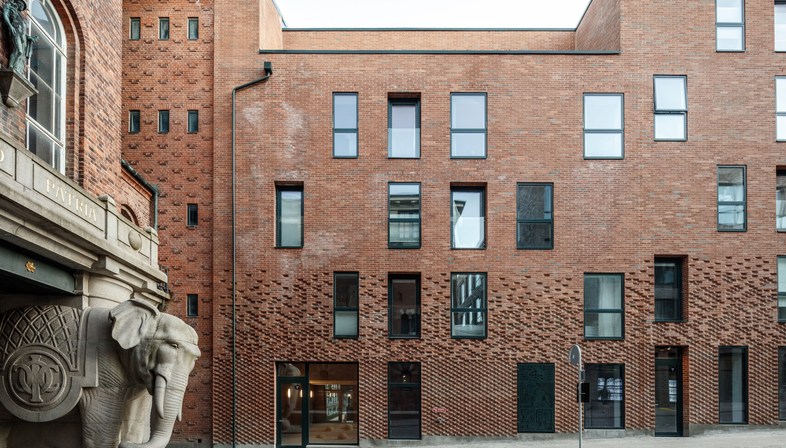
UNESCO and the International Union of Architects (UIA) have designated Copenhagen as 2023 World Capital of Architecture and host city for the 2023 World Architects’ Congress, an event held every three years by the UIA. The Danish capital more than deserves the honour, in view of the great strides it has made in recent years; Copenhagen has been named the world’s most green and smart city, and was proclaimed Green Capital of Europe in 2014. The city continues to develop in this direction in many different ways, from preference for organically grown food to energy efficiency and energy generation from renewable sources, without neglecting the population’s support for sustainable forms of mobility: the most common means of transportation in Copenhagen is the bicycle, and the city has more than 350 km of bicycle lanes. In terms of architecture, the city’s carefully studied policy of experimentation with innovative projects has resulted in large-scale urban development based essentially on reclamation and conversion of former industrial areas, such as the port. With this series of good practices the city aims to achieve zero emissions by the year 2025.
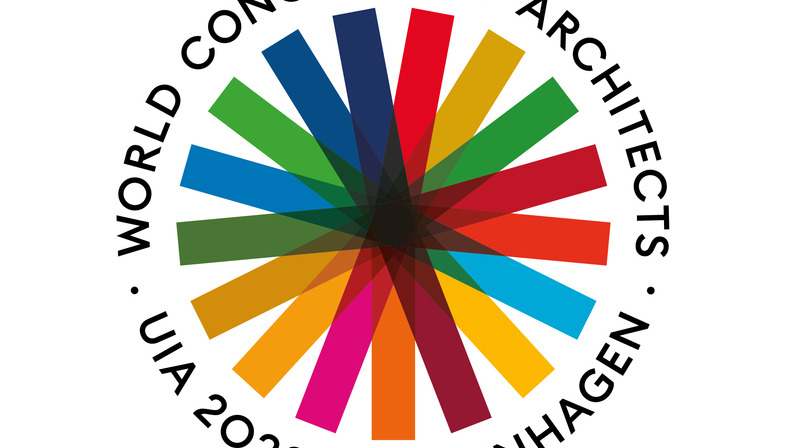
"Sustainable futures – Leave no one behind" is the title of the UIA World Congress to be held in Copenhagen July 2 through 7, 2023, demonstrating how architecture can play an essential role in achieving the UN’s 17 goals for sustainable development by the year 2030. To understand how architecture can contribute to achievement of the goals of Agenda 2030, in 2018 a number of Danish institutions (the 'Institute of Architecture and Technology of the Royal Danish Academy of Fine Arts, the Schools of Architecture, Design and Conservation, and the Danish Association of Architects) with a special UIA commission published the freely downloadable "AN ARCHITECTURE GUIDE to the UN 17 Sustainable Development Goals". The guide publishes projects all over the world, viewing each case study in relation to a specific goal in order to promote comprehension, though it is clear that buildings often achieve more than one goal at a time.
On the basis of these foundations, Copenhagen will undoubtedly play a very important role in the course of the 2023 World Architects’ Congress. The city will be under special observation as an example of a city combining the features of culture, tolerance, global connectivity, sustainable mobility, efficient public transport, green spaces and quality architecture. Floornature has covered a number of important projects that have contributed to the Danish capital’s role, beginning with the city’s iconic new symbol: the waste-to-energy plant known as CopenHill - Amager Resource Centre, designed by Bjarke Ingels Group. BIG’s plant not only performs its technical function but serves as a ski hill, in line with the area’s general conversion into a centre for extreme sports. Theodora House by ADEPT is part of a masterplan for conversion of a large former industrial zone in the historic Carlsberg City district by Danish studio Entasis, due to be completed in 2024. And the new Red Cross building in Copenhagen is a new urban landmark, designed by COBE in a participatory process involving Red Cross volunteers.
(Agnese Bifulco)
https://uia2023cph.org/
Images courtesy of architects, photo by Rasmus Hjortshoj










